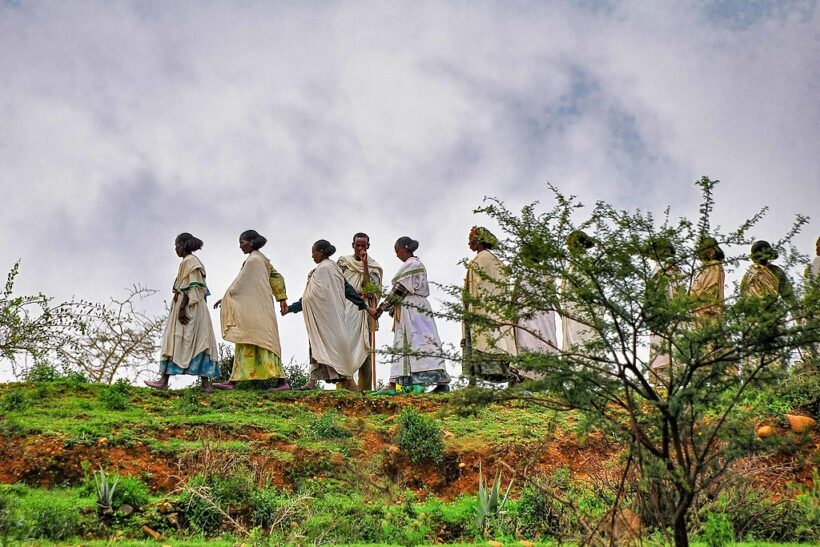Through the African Union’s mediation initiative, a permanent peace agreement was reached between the Ethiopian government and the rebel forces of the Tigray People’s Liberation Front (TPLF).
The compromise signed on 2 November in Pretoria, South Africa, by representatives of the Ethiopian federal government and the TPLF provides for an immediate cessation of hostilities with a view to silencing the weapons and creating an atmosphere conducive to laying the foundations for permanent peace.
The negotiations were facilitated by African Union High Representative for the Horn of Africa Olasegun Obasanjo, accompanied by former Kenyan President Uhuru Kenyatta and former South African Vice President Phumzile Mlambo-Ngcuka, along with other international observers.
Restoring the constitutional order disrupted by the conflict in Tigray, rejecting violence as a means of resolving political differences and guaranteeing the security of the entire population are other points agreed.
Along with the promotion of reconciliation and the reconstruction of social ties, a framework for resolving issues arising from the conflict is envisaged, including economic recovery, a commitment to address political differences and mechanisms for monitoring the implementation of the Agreement.
The parties also commit to demobilise the armed groups under their control and not to commit any overt or covert acts of violence or destabilising actions.
Along with social reintegration measures for the now ex-combatants, it highlights the commitment to unrestricted respect for human rights and the protection of civilians, especially women, girls and adolescents against any sexual aggression. At the same time, the signed text rejects the recruitment of child soldiers and promotes family reunification.
Although the agreement will have to overcome some difficulties in its implementation, the Ethiopian people, after the devastation wrought by two years of war, are now expecting the agreement to be fulfilled.










